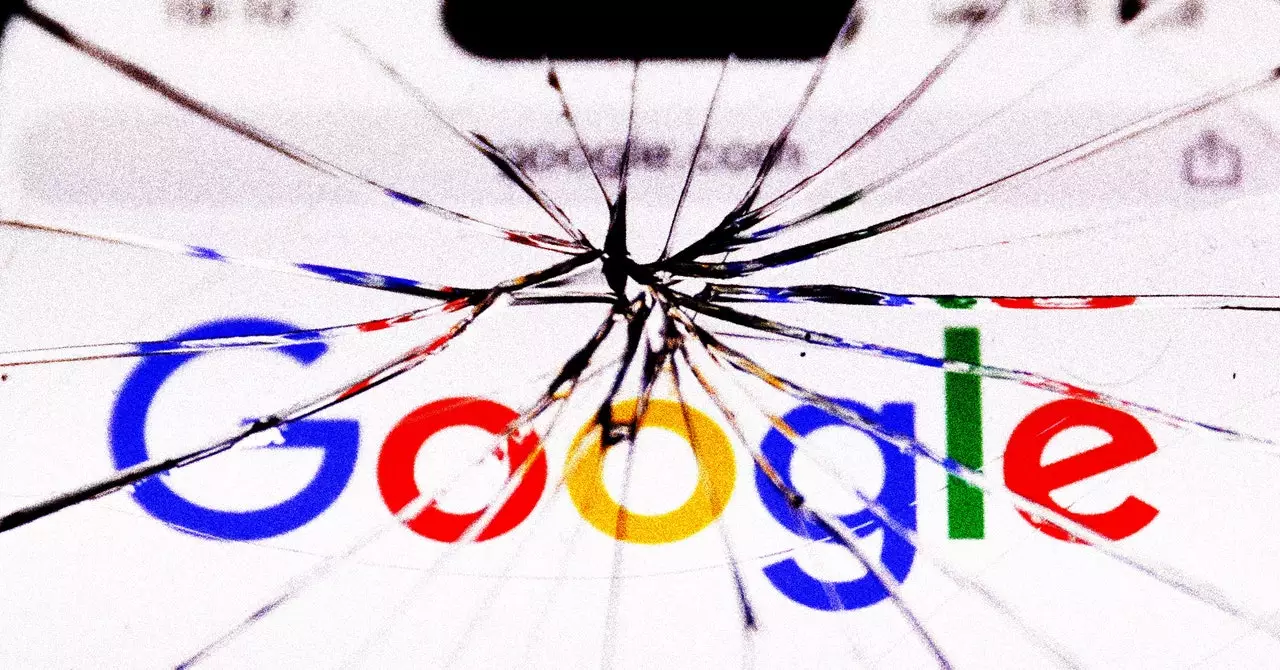Google’s new AI Overview feature has been making waves on social media due to the bizarre and misleading answers it provides to search queries. Despite the company’s attempts to downplay the issues, it is clear that there are significant problems that need to be addressed.
The Viral Controversy
One of the most egregious examples of Google’s AI Overview gone wrong was when it suggested that eating rocks could be beneficial for one’s health. Another misleading result claimed that using nontoxic glue to thicken pizza sauce was a good idea. These examples highlight the flaws in the technology, as it often misinterprets information and fails to discern satire from facts.
According to Liz Reid, Google’s head of search, the AI tool found misleading information from sources like The Onion and discussion forums, which led to inaccurate search results. This lack of vetting and fact-checking has resulted in the dissemination of false and potentially harmful information to users.
Reid warned users against blindly trusting AI-generated content, especially when it comes to sensitive topics like health and safety. It is crucial for users to critically evaluate the information provided by Google’s AI Overview feature before making any decisions based on it.
While Google claims to have conducted extensive testing before launching the AI Overview feature, the recent controversies suggest that more improvements are needed. Reid acknowledged that the company has made technical improvements to address the issues, such as better detection of nonsensical queries and reduced reliance on user-generated content.
Despite Google’s efforts to improve the AI Overview feature, misleading screenshots and fake results continue to circulate on social media. Some users have spread fake AI Overview responses that endorse dangerous or absurd ideas, leading to further confusion and misinformation among users.
Google’s AI Overview feature has come under scrutiny for its inaccuracies and misleading information. While the company has taken steps to address the problems, more work needs to be done to ensure the reliability and integrity of the search results provided by the AI. Users should approach AI-generated content with caution and verify information from multiple sources before relying on it for decision-making.


Leave a Reply